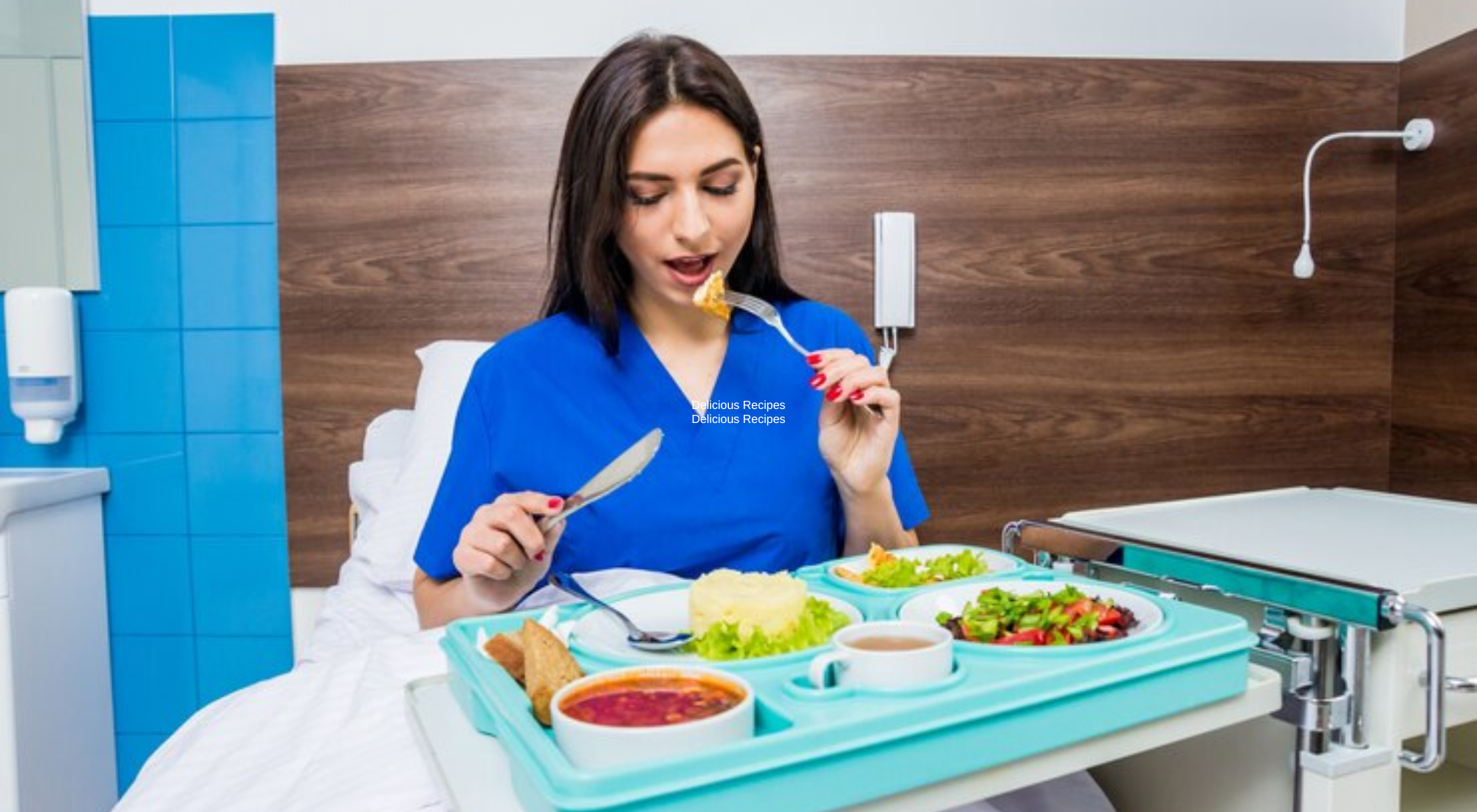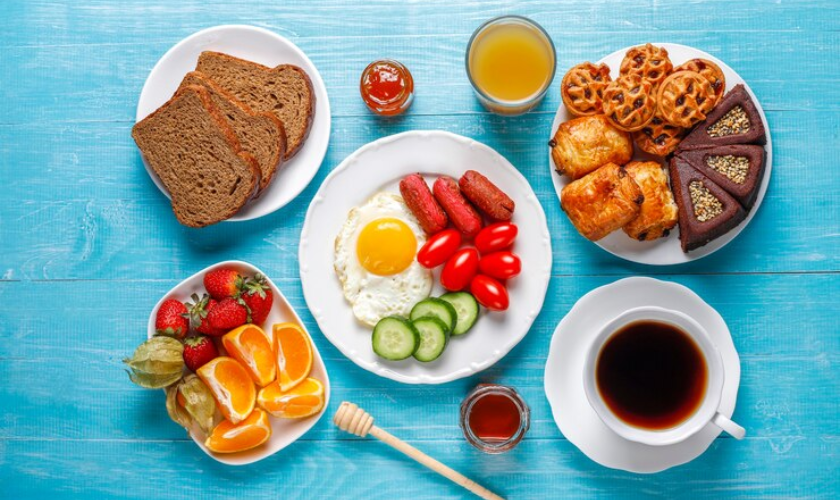Published on February 9, 2024

Dental surgery can be a necessary but sometimes daunting experience. While the procedure itself is important, the recovery period is equally crucial for optimal healing. During this time, a soft food diet becomes essential to avoid putting pressure on the surgical site and ensure proper healing. But who says soft food has to be boring? This blog post is here to change your perception! We’ve curated a selection of delicious and easy-to-prepare recipes that are not only soft on your mouth but also packed with essential nutrients to support a speedy recovery. So, ditch the bland broth and get ready to tantalize your taste buds with these delightful culinary creations!
Key Points Regarding Post-Dental Surgery Diet

Stick to soft foods: This ensures minimal chewing and pressure on the surgical site, promoting faster healing and reducing discomfort.
Prioritize protein: Protein plays a vital role in tissue repair and building new cells. Include protein sources like eggs, Greek yogurt, lean meats, and fish in your diet.
Remember the vitamins and minerals: These micronutrients are essential for overall health and support the healing process. Include fruits, vegetables, and whole grains in your meals.
Stay hydrated: Adequate fluid intake is crucial for healing and prevents dehydration, which can further complicate recovery. Aim to drink plenty of water, unsweetened teas, and clear broths.
Consult your dentist: Always ask your dentist about specific dietary recommendations following your surgery. They can provide personalized advice based on the type of procedure and your individual needs.
Recipes To Fuel Your Recovery Journey
Breakfast Delights

- Creamy Scrambled Eggs with Avocado Toast: This classic combination is a fantastic source of protein and healthy fats. Scramble eggs to a soft consistency and spread mashed avocado on toasted whole-wheat bread for a satisfying and nutritious start to your day.
- Greek Yogurt Parfait with Berries and Granola: Layer creamy Greek yogurt with your favorite berries and a sprinkle of granola for a delightful and protein-packed parfait. This option is not only delicious but also provides calcium and probiotics for gut health.
- Smoothie Bowl: Blend frozen bananas, yogurt, milk, and a scoop of protein powder for a refreshing and filling smoothie bowl. Top it with your favorite fruits, nuts, or seeds for added texture and flavor.
Lunchtime Feasts

- Creamy Tomato Bisque: This classic soup is a comforting and nutritious option. Blend cooked tomatoes, onions, and broth with a touch of cream for a smooth and flavorful bisque. Garnish with a sprinkle of fresh herbs for a touch of elegance.
- Quinoa and Vegetable Stir-Fry: Quinoa is a protein-rich grain that cooks quickly and has a soft texture, making it perfect for post-surgery meals. Stir-fry it with your favorite vegetables like broccoli, carrots, and bell peppers for a flavorful and colorful dish.
- Soft Salmon Cakes with Lemon Dill Sauce: Salmon is an excellent source of omega-3 fatty acids, which are beneficial for overall health and inflammation reduction. Flake cooked salmon and combine it with mashed potatoes, egg, and seasonings. Form into small patties and pan-fry gently for delicious and nutritious salmon cakes. Top them with a refreshing lemon dill sauce for added flavor.
Dinnertime Treats

- Cheesy Chicken and Rice Casserole: This comforting casserole is easy to prepare and perfect for a satisfying dinner. Cook shredded chicken, rice, and vegetables in a creamy cheese sauce. Bake until golden brown and bubbly for a warm and inviting dish.
- Mashed Sweet Potatoes with Roasted Vegetables: Sweet potatoes are packed with vitamins and antioxidants, while roasted vegetables add color, flavor, and essential nutrients. Mash cooked sweet potatoes and top them with a medley of roasted vegetables like broccoli, carrots, and cauliflower for a vibrant and nutritious meal.
- Lentil Soup with Whole-Wheat Bread: Lentils are a great source of plant-based protein and fiber. Simmer them with your favorite vegetables and herbs in vegetable broth for a hearty and flavorful soup. Pair it with whole-wheat bread for a complete and satisfying meal.
Snacking Smart

- Fruits: Soft fruits like bananas, mangoes, and pears are excellent sources of vitamins and minerals.
- Vegetables: Steamed or roasted vegetables like carrots, zucchini, and sweet potatoes are healthy and easy to digest.
- Yogurt: Plain Greek yogurt with chopped fruits and honey is a protein-packed and refreshing snack.
Delicious and nutritious meals can be a source of comfort and play a vital role in the healing process while recovering from dental surgery. The recipes in this collection offer a variety of options to keep your taste buds happy while providing your body with the essential nutrients it needs to heal quickly. Remember, these are just a starting point – feel free to experiment with different flavors and ingredients to create your own personalized recovery menu. Most importantly, listen to your body, prioritize rest, and enjoy your delicious journey back to full health!
Frequently Asked Questions
Q: How long should I stick to a soft food diet?
A: Your dentist will provide specific instructions. Generally, the soft food diet is recommended for the first 3-7 days post-surgery, depending on the complexity of the procedure. Gradually introduce more solid foods as your mouth heals, and you feel comfortable.
Q: Can I use a straw?
A: Using a straw for a few days after surgery is generally okay, but avoid forceful suction, which can dislodge the blood clot forming at the surgical site.
Q: How can I get enough nutrients after surgery?
A: Focus on nutrient-rich soft foods. Choose options high in protein, calcium, and vitamins to support healing. Include options like yogurt, eggs & smoothies.
Q: What if I experience pain while eating?
A: Use over-the-counter pain relief medication as prescribed by your dentist. If the pain persists or worsens, contact your dentist immediately.
